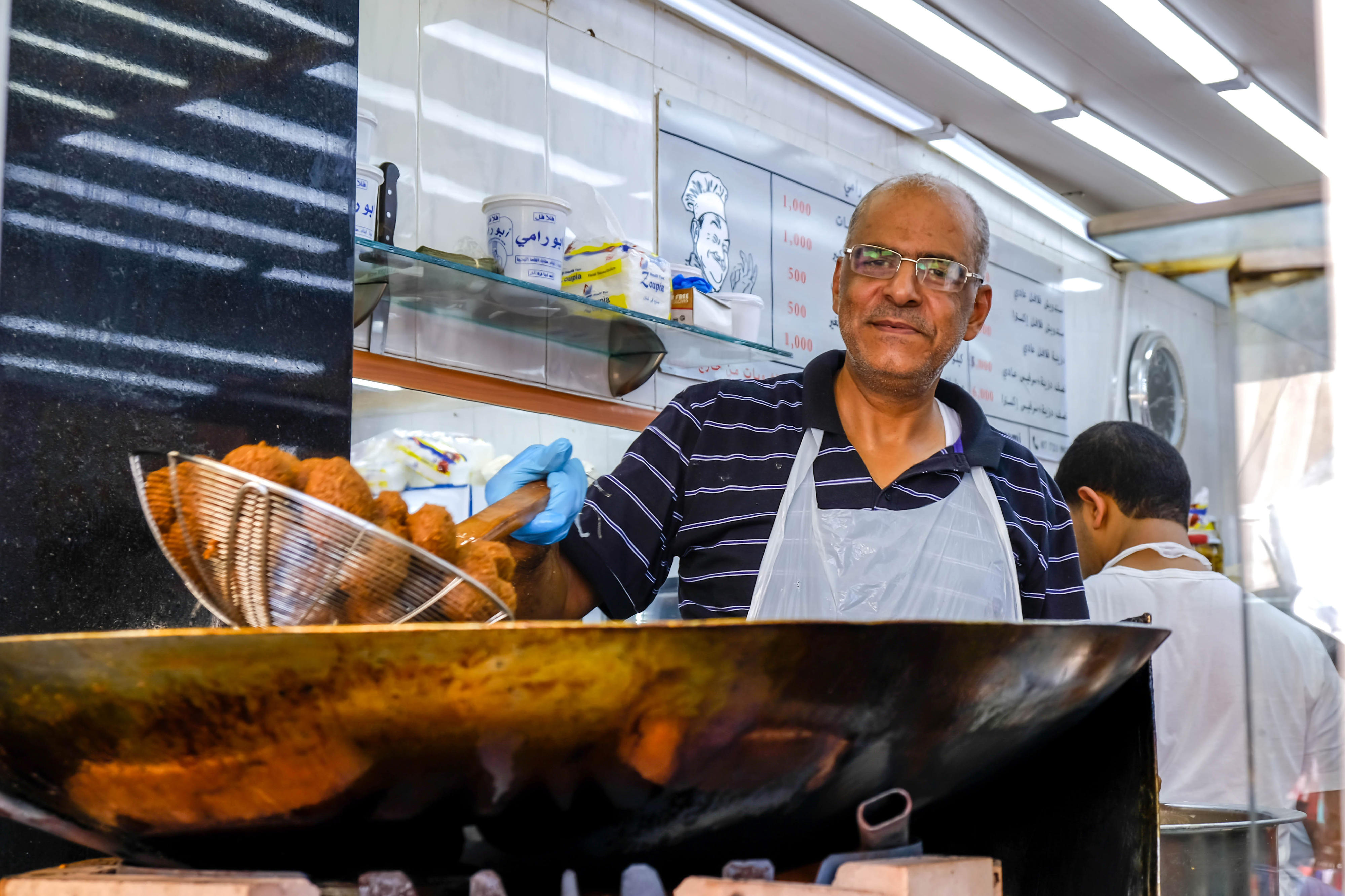Falafel stall by the highway in Saida, Lebanon
Copyright© tiffany, via flickr, CC BY-NC 2.0
Political background A difficult balancing act
Political and administrative posts are allocated on the basis of religious affiliation using data from a census carried out in 1932. Thus, the President of the Republic must be a Maronite Christian, the Speaker of Parliament a Shi'ite Muslim and the Prime Minister a Sunni Muslim. Parliamentary seats are also distributed according to religious affiliation. Decisions are taken not by simple majority but by consensus. Large sections of the very diverse media landscape and the many non-governmental organisations also support specific religious groups and their interests.
However, this system with its focus on balancing interests has prevented the principles of democracy and the rule of law from becoming firmly established in Lebanese society. The religious groups wield so much power that, in everyday life, private citizens are obliged to define themselves and organise based on their religious affiliation. The result is cronyism and nepotism; corruption pervades both the government and society.
Following many different crises in Lebanon, it has proved impossible since the parliamentary elections in May 2022 to elect a president or a new prime minister. As a result, the president's term in office ended and no successor was sworn in. A caretaker government is running the country. This has far-reaching consequences for the government's ability to take effective action in the current crisis.
As at: 18/10/2024
